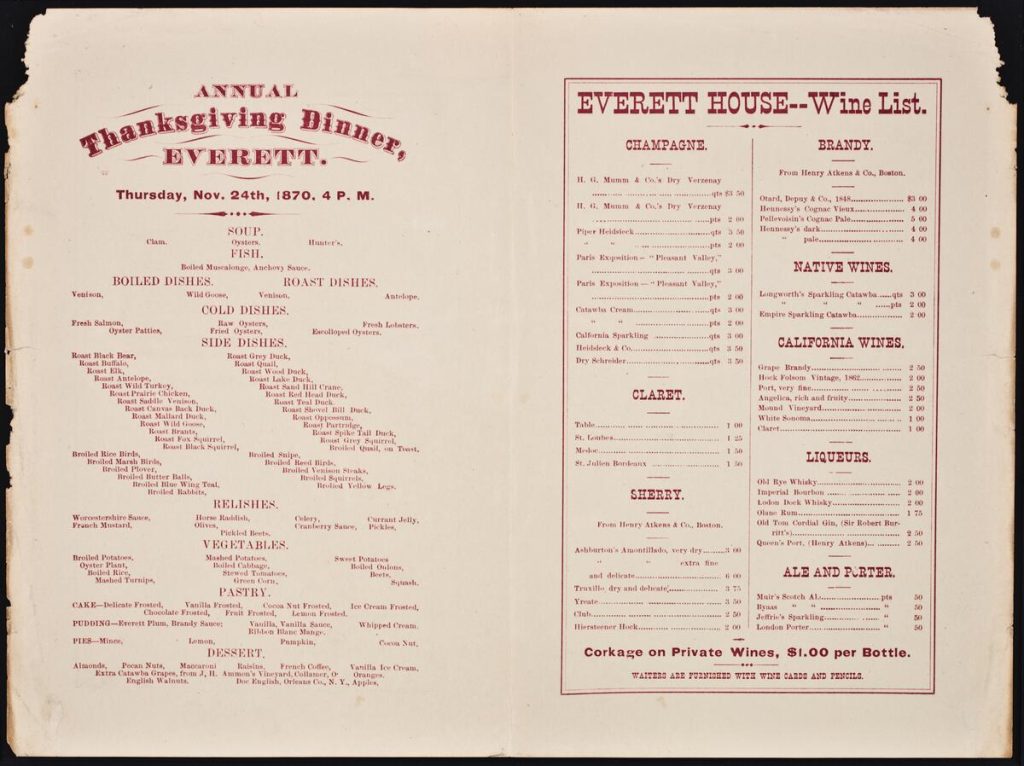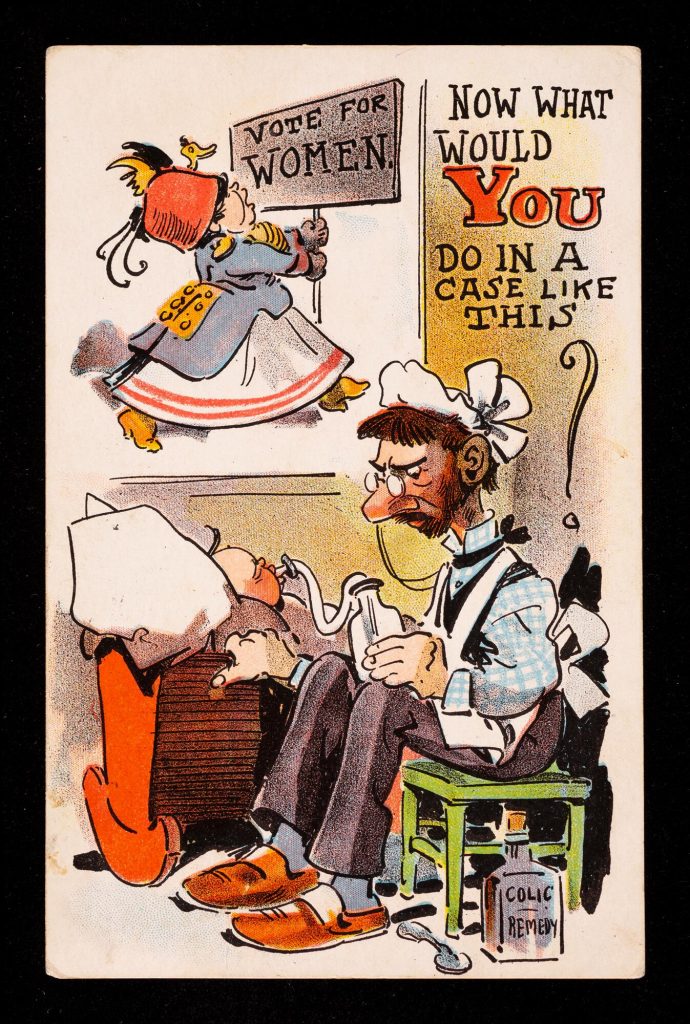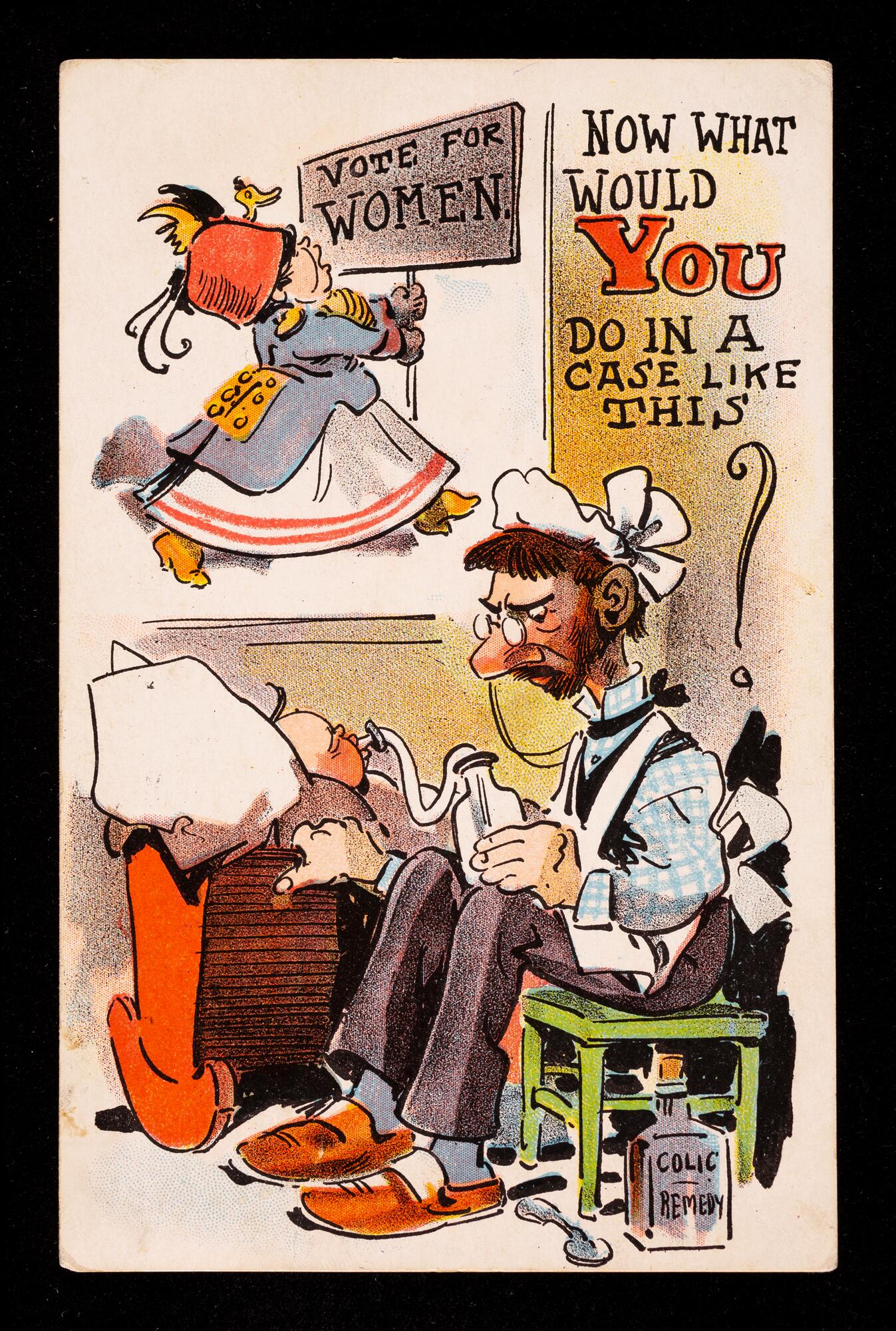Materials – Available for Download in the Downloads Tab:
- PDF and Microsoft Word copies of the Skills Lesson
- Copies of the sources used in the Skills Lesson
Background
Lots of materials we examine as historians are called ephemera. The Cambridge Dictionary defines ephemera as items that “when they were produced, were not intended to last a long time or were specially produced for one occasion.” The founder of the Ephemera Society of England called ephemera “the minor transient documents of everyday life” (Ephemera Society). But many people use the term ephemera even more broadly to mean almost any paper object that can be saved.
Examples of ephemera can include paper menus, matchboxes, ticket stubs, postcards, letters, and pamphlets. Personal and family records that are meant to be saved for a time (maybe quite a long time) are also ephemera, including marriage and birth certificates, passports, and lands deeds. Ephemera can also be non-paper objects such as textile pieces, vinyl records or cassette tapes. Though many of the objects we call ephemera are often considered “throw away” items, they are extremely useful and important to historians, because they contain details about how people lived and what they thought.
The Newberry Library has lots of ephemera and many of the lessons and activities on the Digital Collections for the Classroom site include ephemera.
Lesson
Look at this piece of ephemera:
Click on the image for a higher resolution version.

Consider these questions:
- What is this?
- When was it created?
- What was it for?
- How is this menu different from a Thanksgiving menu today? Or any menu today?
- Are some of the dishes familiar?
- What does this piece of ephemera tell us about Chicago in the 1870s?
Now look at this piece of ephemera:
Click on the image for a higher resolution version.

Consider these questions:
- What is this postcard about?
- Does the postcard support votes for women, or not? How do you know?
- What is the postcard saying about women who are working for suffrage?
- What does this piece of ephemera tell us about the fight for women’s suffrage?
Discussion Questions
- Do you have ephemera that you have saved to help you remember important events in your life? What are they?
- What do they tell you about the past?
- Does your family or someone you know have ephemera that tell you about their life?
- How has ephemera changed in the twenty-first century? Are text messages, Tik Tok videos, and Instagram posts ephemera? Should they be saved? How could we save them?
- Are we in danger of losing important information because of new technology?
Download the following materials below:
- PDF and Microsoft Word copies of the Skills Lesson
- Copies of the sources used in the Skills Lesson



